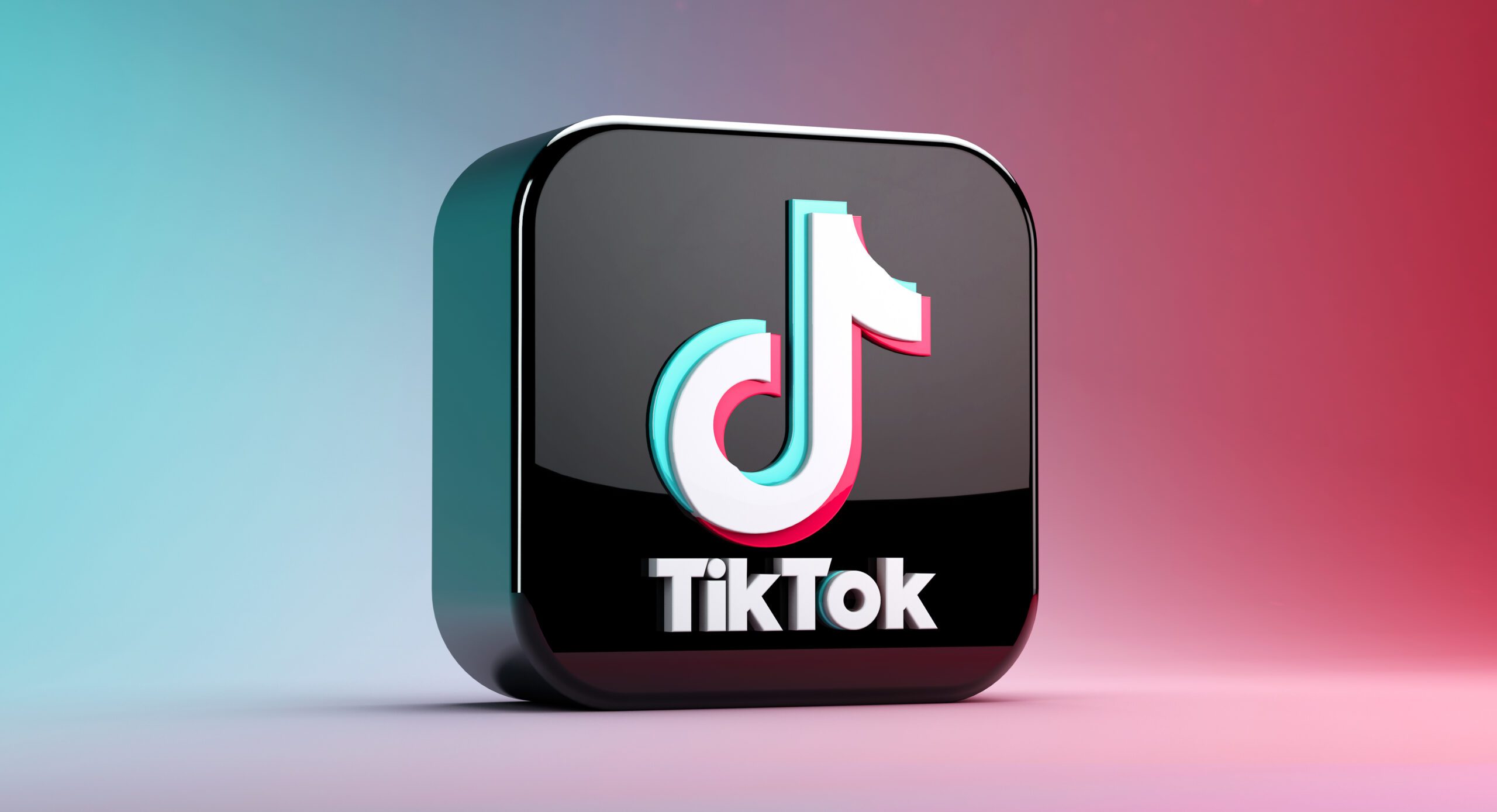Why Google’s Knowledge Panels Are Pulling From Outdated Sources

Nearly five billion entities are represented in Google Knowledge Panels. For many people and businesses, these information boxes are the first thing users see when they search. They appear on the right side of Google Search and display a short description, links, images, and other details about an entity.
But while Knowledge Panels are meant to give users a quick snapshot of relevant information, they often pull from outdated sources. And because most users trust what they see, inaccurate or stale data can cause lasting damage to your reputation.
What Is a Google Knowledge Panel?
A Google Knowledge Panel is an automatically generated box that appears in search engine results when you look up an entity — a person, company, location, or topic. These panels are generated automatically by Google’s algorithms, pulling together information from a variety of trusted sources to provide users with a concise overview.
They’re powered by Google’s Knowledge Graph, a vast database that connects information from multiple sources like:
- Wikipedia pages and Wikidata
- Licensed databases
- News sites
- Social media profiles
- Google Business Profiles for local businesses
- Other publicly available materials shared across the web
Google uses structured data from websites, social profiles, and licensed databases to build these panels. The goal is to give a quick snapshot without users needing to click anywhere else, enhancing the search experience by providing relevant content instantly.
Why They Matter for Your Reputation
Because Knowledge Panels are featured prominently in search results, they shape first impressions. When people search for you or your business, the information displayed in these panels influences their perception. If the information displayed is wrong or outdated, users may:
- Question your credibility
- Think you’re inactive or irrelevant
- Get incorrect contact details or service information
- See an old featured image that no longer represents you
This risk is even higher for local businesses, where details like hours, phone numbers, or addresses can directly affect sales and customer trust. Since many people search for local businesses via Google, having accurate and up-to-date information is crucial.
Why Outdated Information Shows Up
Google pulls knowledge panel data from multiple sources — and not all of them are updated often. Some issues include:
- Over-reliance on Wikipedia
Many panels are based on a Wikipedia article. If the page isn’t updated, the panel won’t be either. - Automatically sourced content
Data from licensed databases or old social media accounts may remain in the panel long after it’s outdated. - Inconsistent updates
Some panels refresh often, others don’t. Updates can happen daily, weekly, or much less frequently, depending on the entity and source. - Limited direct control
Unless you claim your panel through a Google Business Profile or verification process, you can’t directly control most of the content.
Google’s understanding of entities and the connections between them is constantly evolving, but the materials shared across the web that feed into the Knowledge Graph may lag behind real-world changes.
Risks of Outdated Sources in Google Knowledge Panels
- Inaccurate information — wrong dates, titles, or affiliations can mislead users and damage your professional image.
- Old images — outdated photos from Google Images results or social media accounts can give the wrong impression to potential customers or partners.
- Irrelevant content — such as unrelated links or YouTube channels — might appear instead of your official ones, which can confuse users.
- Missed opportunities — users may never see your most current projects, products, or achievements, which can affect your visibility and reputation.
How to Fix or Update a Knowledge Panel
While Knowledge Panels are automatically generated, you can take steps to improve accuracy and ensure the information displayed reflects your current status.
1. Claim Your Knowledge Panel
If you qualify, claim your panel through a Google Business Profile or verification process using Google Search Console. This allows you to:
- Suggest edits directly to your panel data
- Update social media profiles and official links
- Change your featured image to one that best represents you or your business
Claiming your panel gives you more influence over the information displayed and helps Google prioritize your suggested changes over general user feedback.
2. Keep Public Profiles Current
Update your Wikipedia page, social profiles, and business profile regularly. Google often pulls the same information from these sources for months or years, so keeping them accurate is essential.
Make sure your social media accounts, YouTube channel, and other official web presences have consistent and up-to-date information that matches across platforms.
3. Provide Structured Data on Your Website
Add schema markup (structured data) to your site so Google’s Knowledge Graph can read and use the most relevant content. Structured data helps Google understand your entity home — the primary webpage that represents you or your business.
By properly marking up your About page, contact information, and other key details, you increase the chances that Google will display accurate and comprehensive information in the knowledge panel.
4. Use the Feedback Feature
In your existing Knowledge Panel, click “Suggest edits” or “Provide feedback” to flag incorrect information. Other users can submit general user feedback too, but verified owners carry more weight when suggesting changes.
This collaborative approach allows the community to help improve knowledge panel data, but verified owners have the best chance of ensuring accuracy.
5. Monitor Your Knowledge Panel Regularly
Check your panel in both Google Search and Google Images results. Outdated images, broken links, or missing details can appear without warning.
Regular monitoring lets you catch inaccuracies early and take action before they negatively impact your reputation.
The Reputation Impact of Doing Nothing
If your Knowledge Panel pulls from outdated sources and you don’t act:
- Wrong details will continue to spread across search engines and other platforms
- Potential customers may choose competitors with more accurate information
- Your search engine results will show an image of you or your business that no longer reflects reality
In short, failing to manage your Google Knowledge Panel means letting search engines define your brand for you — often using information you didn’t approve or update.
Final Takeaway
Google Knowledge Panels are powerful tools that can enhance your online presence by providing relevant and trusted information to people who search for you. However, they’re only as accurate as their sources.
Outdated or incorrect data can hurt your credibility, mislead customers, and damage your reputation. By claiming your panel, keeping your public information up to date, and using Google’s feedback tools, you can take back some control over what shows up in search results.
In the end, the goal is simple: make sure the information displayed in your Google Knowledge Panel is the same information you’d give someone face-to-face when they ask about you or your business.


